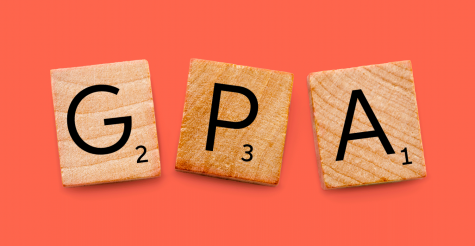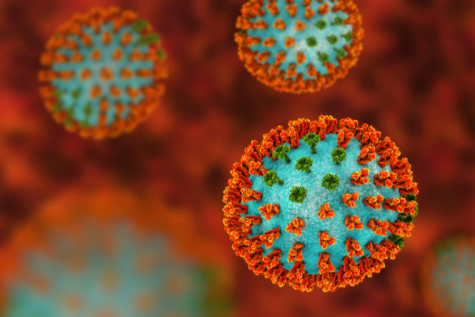‘Tis the Season to be SAD
As the holiday season sweeps the nation with warmth indoors, the outdoors are swept with gloomy and chilly weather. December brings joy to countless people in America, however that sentiment is not true for many. This month has many citizens bundling up not only in scarves and winter coats, but also in seasonal depression.
According to Mayo Clinic, seasonal depression, known medically as Seasonal Affective Disorder (SAD), is a variation of depression which correlates to the changing seasons. SAD can affect anyone during the spring and summer, however it is especially crippling in the fall and winter. There are countless symptoms, including low energy, issues with sleep, changes in appetite and weight, difficulty concentrating, and strong feelings of depression throughout the season.
“When it starts getting darker earlier… I just get really sad and gloomy because of the weather,” said Mia Reed (11).
These symptoms seem quite terrifying, but don’t fear, there are possible treatments. Light therapy, a growing treatment consists of standing in front of light-boxes every time you wake up (in fact, these special boxes are sold online). There are also exercises and medications one could take to relieve their SAD symptoms, yet the most effective may be to talk to someone or therapist.
“I think being open to talking about [Seasonal Depression] helps,” said Ashleigh Kennealy (12). “I think it’s also important to know that it will get better.”
Although SAD has been thoroughly studied over the past decades by psychologists, it is still often put aside and ignored. People who may be suffering from SAD don’t seek help because they believe they are just experiencing a strong case of the winter blues. But as Psychology Today reports it, SAD affects over 10 million citizens in the U.S. and it is estimated that another 10 to 20 percent of Americans experience a mild form of SAD.
“I think it’s really comforting to know that a lot of people feel the same way,” said Lauren Jensen (11). “A lot of people would be more comfortable talking about it if we treated it like a serious mental illness.”
If you or someone you know is dealing with SAD, don’t be afraid to reach out. Heritage High School provides school psychologists and there are plenty of online resources such as SAMSHA National Helpline (1-800-662-4357). SAD is more serious than most would believe, take action today against it.











